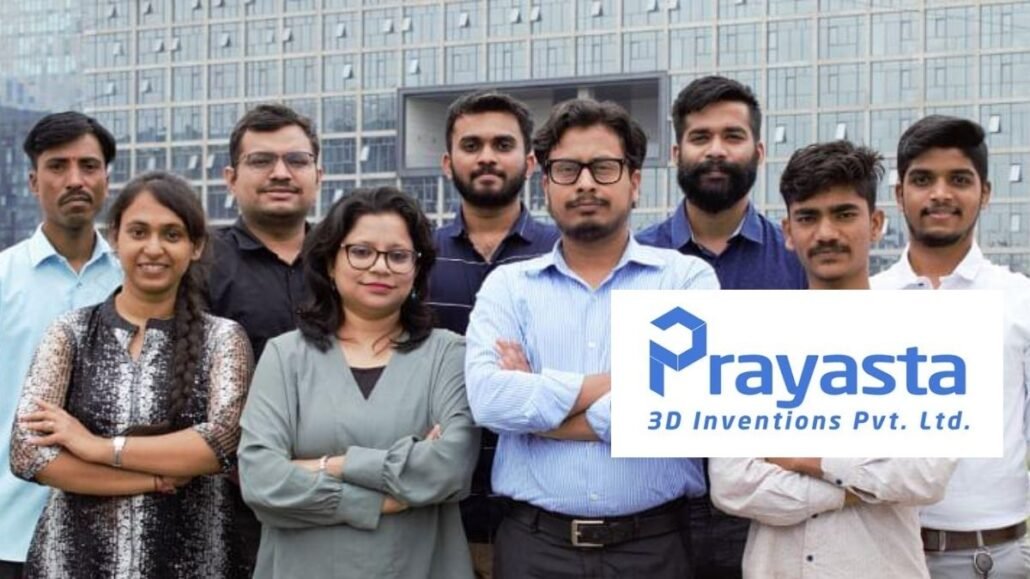Every year, one in every 22 women in India is diagnosed with breast cancer. Unlike the developed nations where the disease is common amongst the older ages, it is the younger women in India that form a majority of the diagnosed cases of breast cancer.
According to WHO data, 2.3 million women worldwide were diagnosed with breast cancer in 2020, with 685,000 people succumbing to the disease.Prayasta 3D Inventions Private Limited, a Bangalore based start-up, bring forth a solution for the women with breast cancer.
A Beginning
It all started when Shilpi Sen, PR & Communication specialist, who worked in diverse sectors, had lost her maternal aunt to breast cancer. Her passion for healthcare has gotten us exploring new boundaries and challenges. During her journey in the communication segment at Nuific Netherlands Education Support Office (NESO) India, she met Vikas Garg, a healthcare professional with expertise in 3D printing and development of innovative 3D printing methods for handling bio-compatible materials.
Things fell in place in 2017 and that’s when they incorporated Prayasta 3D Inventions Private Limited to mastectomy survivors by developing 3D novel printing technology to manufacture personalized breast implants and prostheses. The word Prayasta means aiming for excellence. They wanted to transform lives with technology, material and 3D printing.
Uniqueness
According to medical resources, many breast cancer survivors go through mental issues like low self-esteem and depression.
Prayasta ensures personalization according to the women’s body shape, size, structure and ensures that the implant is closest to the natural organ. The need for personalisation is not only associated with the appearance and feel of the organ but also affects the health. Silicone gel, which has its own weight, is often used for full breast implants. If the implant does not meet the user’s body weight, it might cause posture issues, back aches, etc.
The conventional breast implant is made using a dip casting method with use of mandrel (a template of shape and size) composed of metal or another material. This mandrel is dipped in silicone and placed in an oven to harden the silicone for about 8-10 times, which creates a silicone shell. The silicone shell is filled with silicone gel. The opening is sealed with another silicone shell.
Prayasta uses the same material silicone as the conventional one but has a unique manufacturing process.
The problem with gel-filled implants is that if the user gets into an accident and ruptures the outer shell, the implant has to be changed as soon as possible. Since the silicone gel can be lethal.
3D Printing removes the entire mandrel as the Virtualization becomes very easy. Size, shape and form can be designed on a computer and the printer can directly take the input. It also eliminates the need for silicone gel.
The technology and the printer SilimacP250 were made from scratch to manufacture the end product.
Prospective for the future
In the upcoming future, Prayasta targets other tissue implants like chin, nasal, lip, pectoral, and others. Prayasta is on its way to commercialize its product within the next 6 months. The prototype is complete and ready for the evaluation.
Prayasta focuses on creating awareness and educating every woman on the need for personalization with the help of health care institutions, NGOS, and hospitals.
Check out many more startup stories on Crunchstories!
